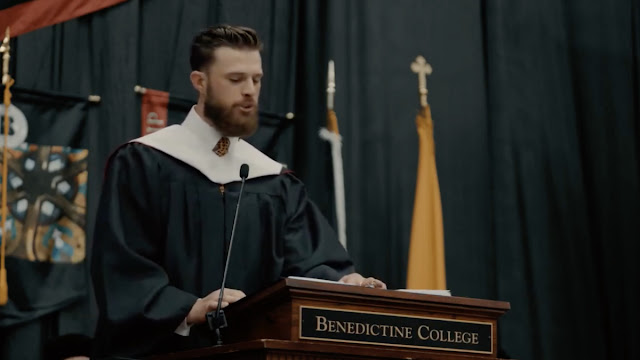Christianity and Politics XI: From the Reformation to Early America
By Ben C. Dunson - Posted at The American Reformer:
Published April 26, 2024Note: This is Part 11 of an ongoing series. See Part 1, Part 2, Part 3, Part 4, Part 5, Part 6, Part 7, Part 8, Part 9, and Part 10.
Introduction
In my series of articles on Christianity and politics, I have mostly attempted to make my argument from Scripture and natural law. In this entry, I aim to show how the ideas I’ve argued for relate to previous Protestant approaches to politics. I start with John Calvin since he is an important, and representative, voice within the classical Protestant approach. I then turn to some representative Protestant confessional statements of the past, since these (unlike the views of individual theologians, however revered) were actually authoritative for the practice of the churches. Lastly, I look at how classical Protestant political thought was adapted in America, using the American revisions to the Westminster Confession of Faith as an example.
The Classical Protestant Understanding of Politics
John Calvin (1509-64)
The most foundational element of Calvin’s understanding of politics is his argument (here taken from the Battles translation of Calvin’s Institutes III.19.15) that “there is a twofold government in man.” This twofold government, which is sometimes called the “two kingdoms” is often mistakenly equated with the difference between church and state. The distinction, in fact, is between government that is internal and “spiritual, whereby the conscience is instructed in piety and in reverencing God” and government that is temporal and “political, whereby man is educated for the duties of humanity and citizenship that must be maintained among men.” Spiritual government “pertains to the life of the soul, while [temporal government] has to do with concerns of the present life” such as “laws whereby a man may live his life among other men holily, honorably, and temperately.”
Calvin’s discussion of this twofold government is found in the middle of his treatment of how the conscience of the Christian is absolutely free from any human commandment that is not found in Scripture. A possible, but erroneous, conclusion from this fact might be (as it actually was with the Anabaptists) that Christians are not bound to submit to earthly governments at all. Calvin accepts that the Christian’s conscience is bound only to God’s word in spiritual matters, while simultaneously insisting that obedience to lawful human governments is also mandated by God: “As we have just now pointed out that [temporal] government is distinct from that spiritual and inward kingdom of Christ, so we must know that they are not at variance” (Institutes IV.20.2). That is to say, the inward kingdom of salvation in Christ and the outward kingdoms of earthly governments must be kept distinct, yet should not be understand as at odds. Each is appointed by God; each has its unique vocation in the world: one pertaining to eternal life, the other to earthly life. The latter is not sub-Christian, a “thing polluted” (IV.20.2), simply because it is focused primarily on how to live on this earth. This is an important point for those Christians today who struggle to see that vigorous political action by Christians is not at odds with heavenly-minded piety.
For Calvin, “civil government has as its appointed end, so long as we live among men, to cherish and protect the outward worship of God,” and “to defend sound doctrine of piety and the position of the church,” in addition to its non-spiritual purpose “to adjust our life to the society of men, to form our social behavior to civil righteousness, to reconcile us to one another, and to promote general peace and tranquility.” Few Christians today would dispute the non-spiritual purposes of government Calvin enumerates, though even fewer would accept the spiritual mandate of civic government “to defend sound doctrine of piety and the position of the church.” Be that as it may, Calvin’s view was the norm in Protestant political thought for centuries afterward, so one at least needs to understand it, even if one partially or wholly rejects it. Sound reasons would also have to be provided for this rejection, reasons beyond “it’s scary,” or simply pointing out that it would be a difficult task. I have my own reasons for tweaking the classical view, which I will address below.






Comments
Post a Comment
Please feel free to comment, but profanity, anti-Christian or argumentative comments will not be published. Thank you, ed.